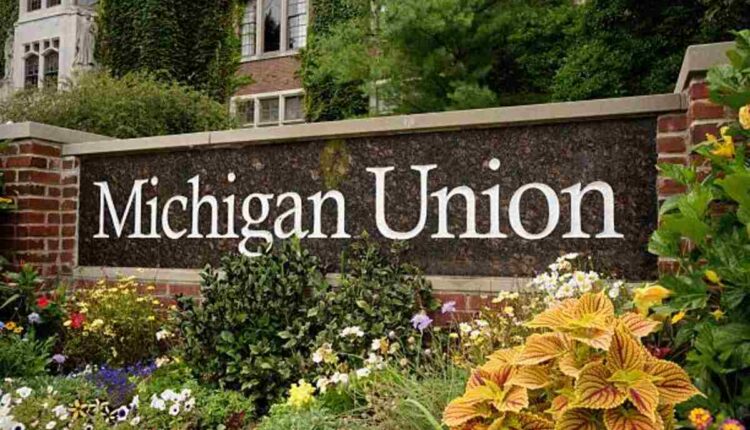Untreated plumbing issues can quickly lead to extensive and costly damages, so you must hire a plumber as soon as possible in order to address them before they worsen.
No matter the issue – be it a clogged toilet or water heater installation – plumbers are ready and available to solve it for you. Many companies employ union-trained union plumbers who provide full warranties for their work.
Burst or Frozen Pipes
Temperatures below freezing increase the risk of pipe bursts, often costing thousands in repairs and damage. Galeotafiore recommends homeowners make sure that their piping systems are adequately protected against cold weather by insulating and protecting against the cold, especially those located outside or within unheated spaces such as basements, attics, or garages. Insulation also helps provide additional energy efficiency – critical in rooms like basements that lack heating, like garages or attics where heat cannot easily circulate around or across.
Frozen pipes can be like ticking time bombs; the longer they remain frozen, the greater their risk of bursting is. If one is discovered frozen, immediately turn off all water mains and faucets to reduce pressure and mitigate flooding. A hairdryer may help thaw out frozen sections, but for long-term care, it would be wiser to consult a plumber.
Regular plumbing inspections can also help prevent frozen and burst pipes. Professional plumbers can check that all pipes are sufficiently insulated, as well as provide advice for protecting exposed piping in unheated areas of the house. Signs of frozen pipes include limited water flow (a drip or trickle from taps), a musty smell, or gurgling noises coming from exposed sections of pipework. It is also wise to set your heat at no less than 65 degrees, leaving cabinet doors open to allow better airflow and heat distribution.
Clogged Toilets and Drains
Your main sewer line, which connects your home to municipal sewer or septic systems, may become blocked for various reasons. These can range from buildup of debris from toilets, sinks, tubs, and other drains around your house, wads of flushed material being sent down drains, to tree roots growing into pipes – regularly scheduling drain cleaning is an effective preventative measure that removes clogs while clearing lines efficiently.
Whenever you encounter slow-flushing toilets, gurgling or bubbling bathtubs, wet spots on floors or walls, or an unexpectedly higher water bill than usual, it may be time to call for plumbing services. A skilled plumber will assess the cause of any issues before providing appropriate solutions.
An overflowing toilet can be a significant hassle. Without professional assistance, trying to unclog a clogged toilet with plungers, drain snakes, or chemical cleaners alone could only compound the issue further. The best way to handle a blocked toilet is to use less paper, avoid wading toilet tissue, and place non-flushable items in the trash – for persistent blockages, consider investing in an enzymatic drain cleaner that breaks down organic material and dissolves blockages more effectively – or hire a plumber who can assess pipes and recommend repairs or upgrades needed in.
Flooded Basements
Flooding during wet weather is one of the more frequent basement issues. Heavy rainfall and melting snow can easily overwhelm your drainage systems and result in a flooding flood in your basement, creating an indoor monsoon effect. As it sits at the lowest point of your house, its role as the lowest point makes it an accessible destination for excess water that cannot quickly be drained away from it.
Your home’s sanitary sewer lateral could become overloaded due to wastewater produced from household fixtures, forcing sewage into your basement via floor drain or lowest sanitary fixture.
Your home’s foundation can also be undermined by groundwater or surface water that pools around it, creating hydrostatic pressure which pushes it through hairline cracks into hairline gaps in its path. This issue is exacerbated by poorly planned landscaping that allows rainwater and stormwater to accumulate at your foundation, further compounding this threat to its integrity.
As soon as your basement floods, the first step should be turning off the power. Next, ensure everyone in the household is safe and ensure no valuables or electrical wiring has been exposed to floodwater contamination. Once flood waters have receded, make sure all affected areas have been cleaned and dried thoroughly; consider hiring professional waterproofers if your basement frequently floods for additional assistance, and make sure regarding landscaping and extending downspouts 5ft away from the foundation.
Water Heater Installation
Many homeowners take their water heater for granted as it supplies hot water for showering, dishes, and laundry needs. When your heater begins making noise or leaking, however, professional intervention should be sought immediately – loud rumbling may indicate cracks in its structure that need replacement rather than repairs being performed.
Tankless water heaters offer an energy-efficient alternative to traditional units. By heating water only when needed, these units don’t need to constantly refill and reheat – cutting back on wasted energy consumption while reducing leakage risk and potentially lasting 15 years!
Considering upgrading your water heater? Talk with a plumber first about all of the available options – they will help you select and install one suitable to your home and lifestyle.
Some plumbing companies specialize in specific areas of home improvement, like sewer repair and drain cleaning. When hiring a plumber to address your particular issue, experience is invaluable in saving money in the long run and expediting service more effectively – plus, they may qualify for discounts! So before selecting one to hire, be sure to read their online reviews as well as their standing within their community.

